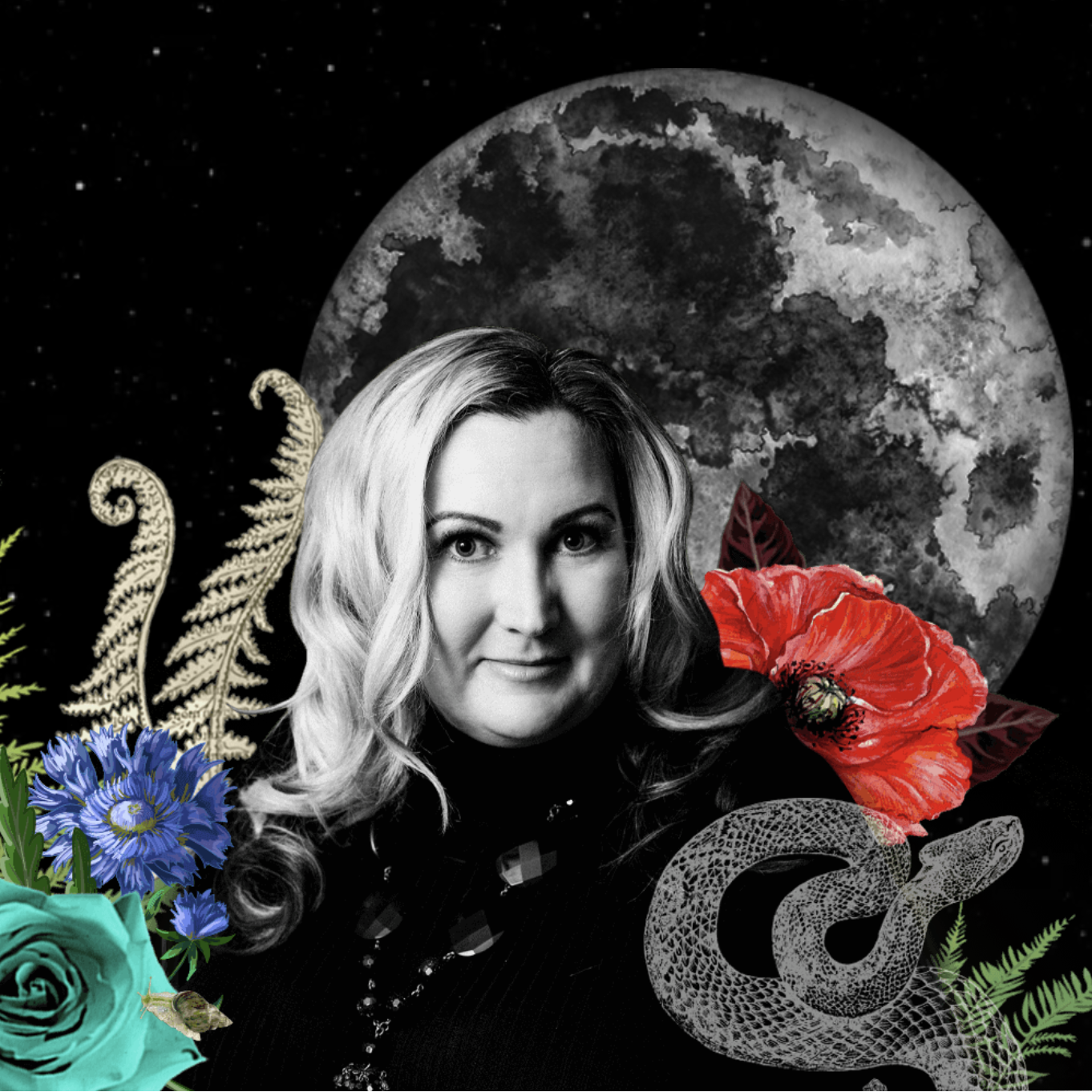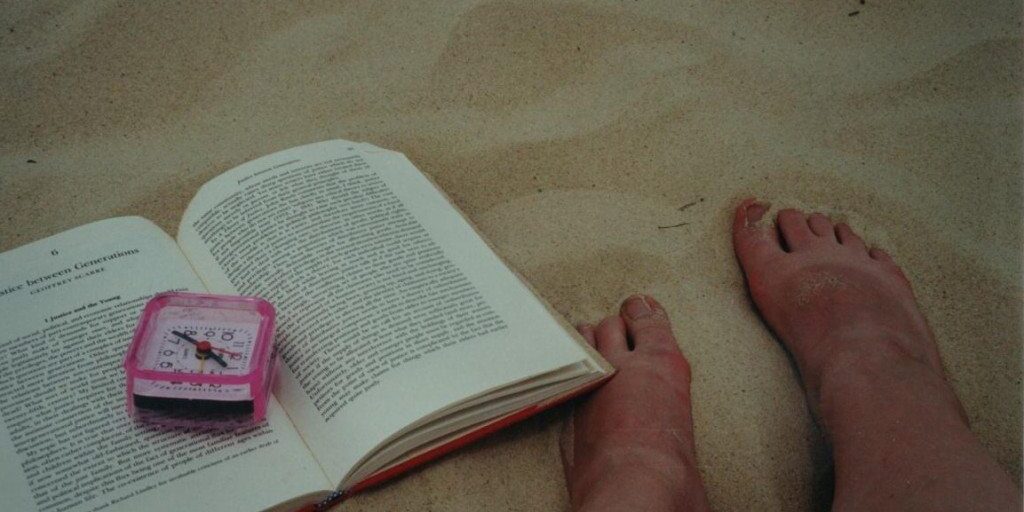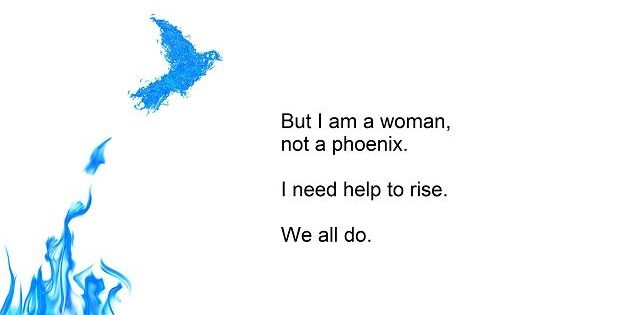Why Online Groups Might Not Be That Great For Us

I meant to write this 6 weeks ago but I was busy doing quicksand things that masquerade as chemically rewarding but in fact are the frenemy of personal momentum.
This morning, for example, I got up early to finish this email but since I was up so unbelievably early, I thought I’d also take some of that time to quickly clean out my closet.
It would only take a few minutes, I told myself, and start my day on a high.
(Reorganizing is my drug of choice.)
Now, three hours later, I have a pile of hangers on my bed, a pile of clothes on my bedroom floor that need to be altered that if I’m being honest with myself and my God will never be taken to a tailor, and a bag of clothes for donation that will live in the hallway by the front door for three weeks before taking up residency in the trunk of my car for a length of time – if history is an indicator – not less than five months.
My bedroom, which never did anything to anyone to deserve this, is now an unnatural disaster.
But the closet is pristine.
And the writing is not written.
So let’s talk about chasing dopamine, simulating progress, and quicksand activities.
*******
Research, groups, and organizing are my simulations of choice.
During tax time, revamping my appearance suddenly becomes a massive priority. (Watch for drastic new hairstyles every March.)
If I’m struggling to do something in my business or with my books that are really challenging and important, I’ll join a membership, studiously avoid implementing what I’m supposed to be learning, and spend every spare second either helping admirable people in the comments or getting frustrated with my cohort or coach (often all at the same time).
These things produce the sense of completion and winning and mastery that is super rewarding. (Dopamine!)
(Even getting frustrated with my cohort or teacher is rewarding because self-righteousness is a helluva drug.)
They make me feel like I’m making progress while in fact being 3 degrees off-course.
Being 3 degrees off-course isn’t a big deal in the beginning, but if you stay three degrees off-course for a long time, you end up in Antarctica instead of Cashmoneyland.
With only penguins as your witness.
*******
Related: In 2021 and 2022 I struggled to write, which was wildly confusing, because I love writing.
But I could not make myself do it – and that’s a serious problem, because if I’m not producing content, I’m not making money. Nor am I moving towards my dream of being an AUTHOR.
I enrolled in coaching with Ixchel Lunar to work on this, and she gave new eyes.
Ixchel taught me that I need to practice “better flow hygiene”. What she meant by that, and what she observed, was that when I sat down towrite and got into a flow state, I stayed there for five to eight hours.
I didn’t get up from the desk until I was emptied out.
I did that because I was thinking that these flow states came along so infrequently, and I got so much incredible work done. that I couldn’t risk leaving it. When the wave came, I needed to ride it until I crashed, exhausted, into the beach.
So I would write and write and write and write, and then the next day I’d wake up and feel like I had a hangover.
That day would be a total write-off for anything except Netflix. Sometimes I’d be wrecked for two or three days.
Ixchel said that what was happening was I was burning through all my brain’s dopamine reserves in those once-in-blue-moon-marathon flow states.
And so when I felt like I had a hangover: I did. I had no good brain chemicals remaining to power through the next few days.
And that, Ixchel hypothesized, was why I was procrastinating and avoiding writing – because subconsciously, I was associating writing and marathon flow states with the crash that came next. I wanted to avoid the crash.
I was a world-class not-writer because I did not want to feel the way I felt AFTER writing.
Figuring out the feeling-state I was trying to avoid was the first step.
The second step was developing better flow hygiene.
In practice, that meant getting in and out of flow states in 90 minutes and building in recovery activities so that flow didn’t wreck me. The end result was that I I could write regularly instead of when the stars, the planets and the chocolate aligned.
This isn’t about flow hygiene (but I recommend it!).
This is about identifying the feeling states that lead us to subconsciously avoid doing the life-giving, career-lifting, business-building, culture-making activities we chose for ourselves.
For me: writing.
For others: marketing their businesses. Building their infrastructure. Sending invoices. Selling.
Or whatever thing that you know you need to be doing to thrive but aren’t.
Maybe, like me, you’re doing things adjacent to the actual needle-moving tasks because that simulates progress. (Quicksand activities.)
Or maybe you’re doing things that feel like small wins (chasing the dopamine rush) but that are actually siphoning your time, energy, and yes dopamine away from doing things that will actually produce results in your life and work. (More quicksand activities.)
And maybe, like me, you’re engaging in quicksand activities because doing the things you need to do feels like shit.
If you have an equation like I did (writing for 8 hours = hangover, so avoid avoid avoid), it absolutely makes sense to chase dopamine
(cleaning my closet, spending way too much time giving advice and socializing in free and paid groups, researching third spaces instead of writing a sales page, straightening my hair instead of emailing the spreadsheet I can’t find to my accountant)
and simulate progress with quicksand activities.
Because chasing dopamine & simulating progress is way more rewarding than toiling at things that produce uncomfortable feeling states.
This is one of the reasons I have reservations about online groups – including my own.
I personally have used online groups to avoid the uncomfortable feeling states that accompany the work I need to do by chasing dopamine and simulating progress doing work I don’t need to do, and I often see my client doing this, too.
Now, when I join a course, mastermind or membership, I often do NOT participate in the online spaces, or I participate minimally.
- I go to the meetings
- I do the coursework and homework
- I develop real relationships with a few people in the cohort and spend 1:1 time with them
- But I don’t join the Slack group or the Whatsapp group, or activate Voxer, or even enter the Mighty Networks or Facebook group
Because I know myself. I know that I often use online groups – especially larger ones – to simulate progress, which which chips away at my motivation (and energy, and time, and bandwidth) to actually do the damn thing.
Okay, solutions.
9 Ways To Ensure That Online Groups are Serving You Rather than Undermining You
1. If you’re spending a lot of time in online groups but your sales are still suffering or your book is not getting written or your business is still not where you want it to be (or, or, or), then limit your time in them.
Even if they’re attached to something you’ve paid for.
ESPECIALLY in the ones most closely related to the thing you’re trying to do (they’re helping you simulate progress on that thing while not actually doing the thing. Ask me, for example, about my three unfinished books).
(BUT BOOK #1 IS FINISHED!!!! I digress. And I’ll tell you more, soon.)
2. Get out of the groups that amplify your dopamine/distraction activity of choice.
I’ve exited all the how-to-organize-your-fridge-so-that-it’s-a-masterpiece-no-one-is-allowed-to-touch groups. Send thoughts and prayers.
3. Notice the groups where you’re feeling superior or self-righteous or where you think you’re doing activist work by correcting/critiquing your cohort. Dopamine. Simulating progress.
(I used to have a MASSIVE problem with this.)
This group is likely stealing time & energy from your sales, your artistry, your real activism activities, your impact.
It doesn’t have to mean anything about you or them. It’s just not the best use of your brilliance or life force. Exit.
4. Notice your unmet need for community and tend it. It’s important.
That’s often why we’re in online groups – and that’s a great start. Online groups are a ‘third space’ where we can meet people to build community with…but the group itself is NOT a community.
The more time we spend exercising thin ties by commenting in groups, the less time we’re spending taking those relationships offline and growing them.
I use groups to meet a few people whom I then start building a real relationship with. If I’m in a group, I am there to meet my few mutual weirdos; and then I’ll start scheduling regular hangouts with them, offline and outside the group. Once I’ve made those connections, I’ll spend less time in the group because I’m getting my relationship and community needs met IRL.
Groups are third spaces, not communities. Notice your unmet need and spend time and energy getting it met, for real, instead of simulating community in an online group.
5. Reconsider your participation in any group where you’re feeling envious, small, unseen, misunderstood.
NOPE. Life is too short for that. Get out.
6. Be super careful about your time in any group that makes you feel too good and where you want to be all the time.
Seriously: dopamine and simulating-progress alert. This will steal time.
7. Be wary of any group where you suddenly find yourself wanting material things or strange status markers you’ve never wanted before.
I’m not talking about when you get in relationship with people and start thinking and dreaming bigger; that’s a powerful experience. Court that.
But if you’re in a group where people post pictures, for example, of their Gucci bag to celebrate their business milestone and you, the proud owner of an 8-year old pair of Birkenstocks that the now-departed angel-dog chewed which only makes them more precious to you, are suddenly craving a fleet of red-bottom stilettos, CAUTION. (Let’s not talk about why that example is so specific. Nothing to see here.)
We learn to want what other people around us want, and that puts us at risk for group-think instead of hearing your own voice and wisdom.
Be really cautious of groups that change what you want in status/material-object ways.
Changing what you want can change who you are and what you do. Protect your truth.
8. Admit to yourself when you’re joining a group to get the attention of the owner.
If that’s the reason you’re there, you’re inevitably going to feel slighted or rejected or even vengeful when the relationship you’re imagining doesn’t materialize.
I had to admit that to myself about an expensive membership I joined a few years ago. I thought the leader would notice me and we’d end BFFs going to a Beyonce concert together or at least becoming business besties who zoomed every Tuesday…but she never did and I ended up feeling super slighted and resentful.
That had nothing to do with her. That wasn’t the contract she signed. But it was the contract in my head.
Often we join programs because we’re trying to buy into a relationship with the leader we admire; and often we punish people, especially online, for needs that they never agreed to meet.
If that’s what I’m doing, as soon as I realize it, I either modify my expectations or I leave. Because, as the oracle Ms. Taylor Alison Swift keeps trying to tell us, It’s me. Hi. I’m the problem, it’s me.
9. Re-engineer the circumstances for the thing you’re trying to do.
Instead of going into writing flow states all day, Ixchel trained me to go into flow states for 90 minutes and then do a recovery activity. That helps me stop avoid writing (unless there’s a closet to clean).
Bari Tesler, author of The Art of Money, talks about this when it comes to money and people who are money-avoidant (once again: Hi! I’m the problem, it’s me).
Whenever she needed to review her numbers or do her books or pay her bills, she’d light a candle. She’d put on nice music. She’d eat some dark chocolate. Creating a ritual and delicious experience helped her stopped consciously and subconsciously dreading working on her money.
So wherever possible, if you’re procrastinating, inquire within about the feeling state you’re trying to avoid.
Then re-engineer the circumstances and rituals so that you don’t have to experience that feeling state (or you mediate it and start creating new associations and different feeling-states across time) and you can stop dreading and avoiding doing the things that will actually change your life.
All that to say: if you need to produce; if you’re in a creation-state or a building state (or an I-need-more-revenue state), your instinct might be to join a free group or spend more time in paid group…
…but in those times it actually might be more productive to reduce the amount of time you spend participating in online spaces.
(A client once said to me: Women could change the world if only we weren’t so busy in secret Facebook groups.)
This might be especially true even if you love online groups in general or one in particular.
That sounds like I don’t want us to have joy but that’s not it.
I simply don’t want us to have our life’s-work energy siphoned into activities that sure, are pleasurable, but that keep us stuck.
Those are those “quicksand activities” I talked about at the beginning of this email.
When I reorganize drawers instead of writing a sales page or a newsletter,
that’s a quicksand activity
because the frenzy of activity gets me more and more stuck.
I’m writing all of this to you because I want to encourage us to guard our attention, even when we’re enjoying an activity, to make sure that we’re directing our precious energy to the most life-giving, soul-affirming, business-growing, culture-making activities possible.
So: watch for the quicksand activities.
Protect your energy and your time.
Get your community needs met, for real.
Be honest with yourself about why you’re in the spaces you’re in.
And when those groups are quicksand…get out and get yourself on firmer ground so you can get the personal momentum you desire.
Because you are a culture maker. And we need you and your business unstuck, in momentum, and flourishing.
love + justice,
Kelly



